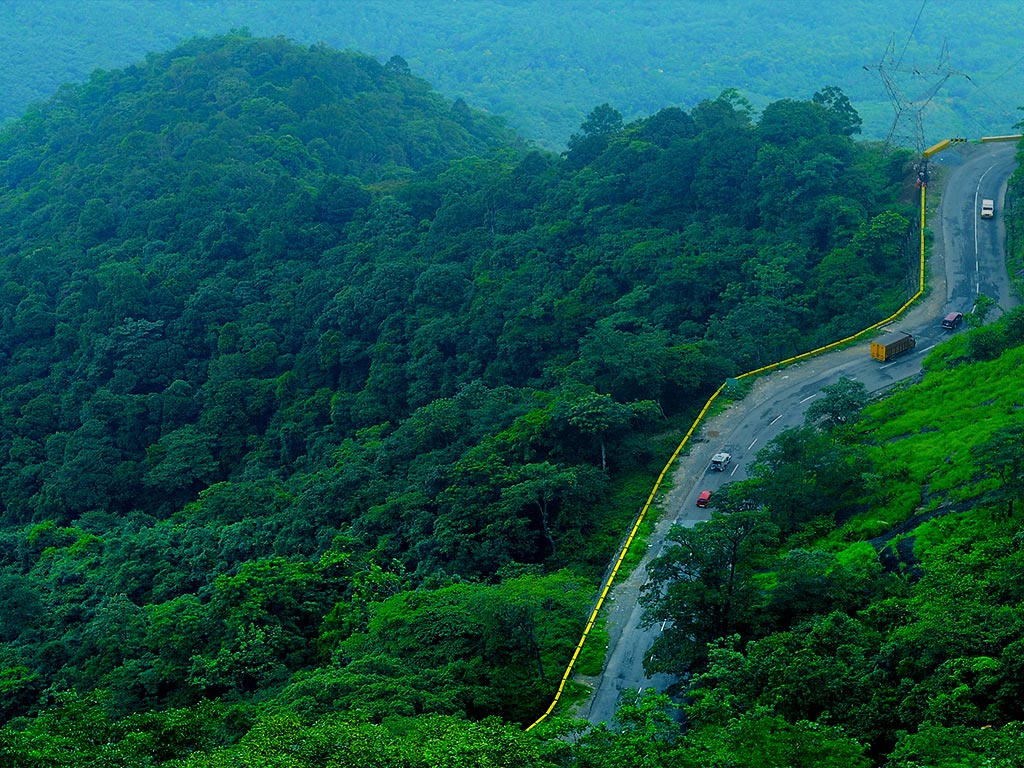

Wayanad district, characterised by its high altitude, provides the right soil for the cultivation of perennial crops and spices. As you travel through the district, you can watch the coffee, tea, pepper, cardamom and rubber plantations sprawling over the hills of the area.
One of the peculiar features of Wayanad is its coffee-based farming system. Coffee is cultivated in every panchayat in large plantations or in small holdings and it amounts to a total of more than 70,000 ha (which is about 33.6 percent of the total cropped area in Wayanad and 78 percent of coffee area in the state). It is grown both as a pure crop and as a mixed crop along with pepper. Wayanadan Pepper is very famous in the world of spices and it finds a good market both in India and abroad.
Other major crops are coconut, which grows in about 8826 ha, arecanut in about 5722ha, tea in 5728 ha and rubber in about 2954 ha. A small scale of vanilla cultivation too is on in the district.
Another important yield of the district is paddy which is cultivated in about 19308 hectares. While the tea, coffee and spices are grown in the hilly areas of the districts, the valleys here provide the right soil for paddy cultivation. Ginger and cardamom are important spices cultivated in Wayanad. The government has introduced many projects which aim at enhancing the agriculture produces as well as the rehabilitation of tribes. These kinds of experimental projects include Sughandagiri Cardamom project in Vythiri and Priyadarsini Tea Estates at Mananthavady.
Homestead farming of annuals and perennials is very popular in Wayanad and the major crops produced in these small holdings include coconut, arecanut, pepper, papaya, vegetables and fruits trees like mango and jack fruit.
 A Short History A Short History | Irrigation  |